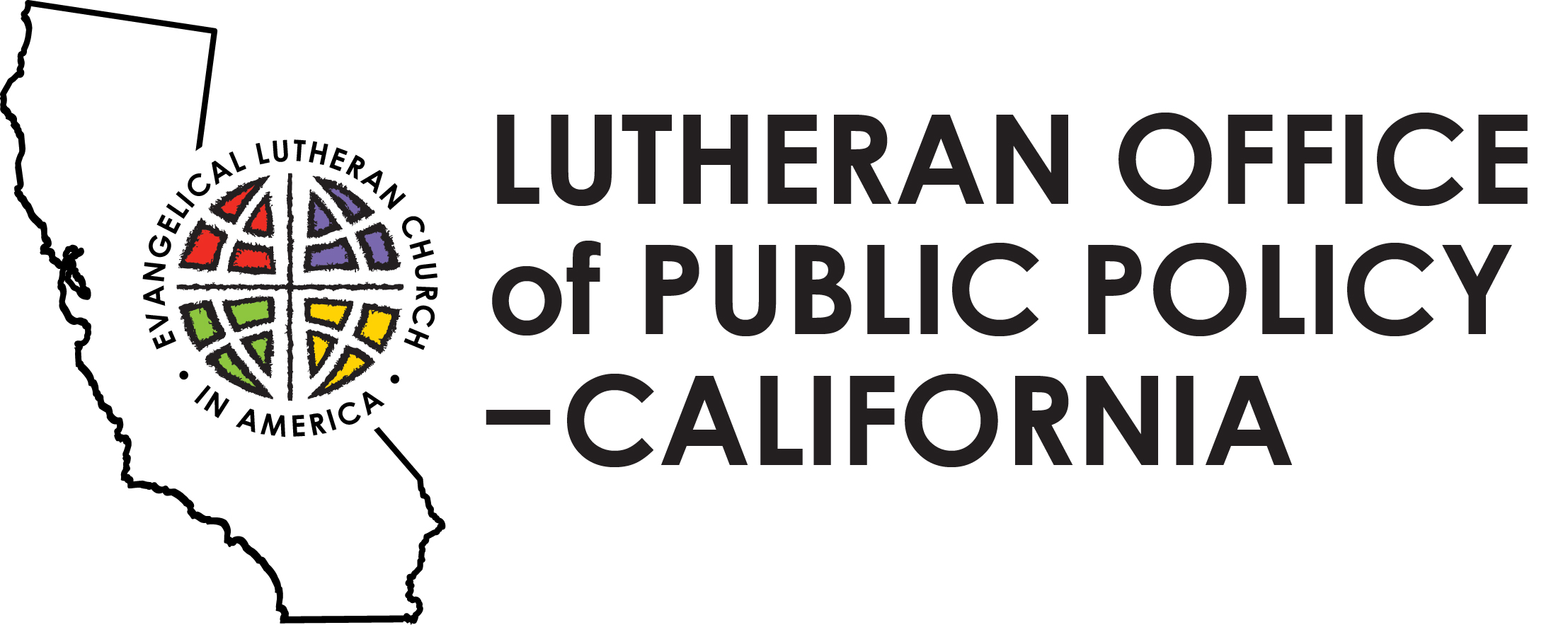It is possible to become discouraged about the injustice we see everywhere. But God did not promise us that the world would be humane and just. He gives us the gift of life and allows us to choose the way we will use our limited time on this earth.
Cesar Chavez, in his statement at the end of his 24-day fast for justice
Today’s Actions
- #Farmworker Day of Action
- Call Senate Committee to Support Food Access for People Leaving Incarceration
- Sign On to Ensure School Meals Access
- #SafteyNet4All Day of Action
Other bills discussed include AB 3070 – Anti-discrimination in Jury Selection, AB 2542 – Racial Justice Act, and AB 3121 – Reparations Task Force (Similar to HR 40). To support, please visit the committee websites and make a phone call to staff or committees members
Farmworker COVID-19 Study
California employs an estimated 800,000 farmworkers. Most work at seasonal jobs—rarely holding full-time, year-round work—and earn an average annual income of less than $18,000. A recent study found:
- Nearly 1/2 of farmworkers lost work time & income during #COVID19.
- 60% of workers are undocumented & ineligible for most social safety net programs.
- 54% of respondents reported that costs, lack of insurance, and/or lack of sick leave prevented them from accessing healthcare, even if ill.
Read full data summary here.
Food Justice for People Leaving Prison
Support AB 3073: CalFresh Prison Preenrollment with a phone call to one of the following Senators if they represent you or to the committee staff:
CA Senate Human Services Committee
- Senator Melissa Hurtado (Chair) – Bakersfield, Hanford, Fresno (916) 651-4014
- Senator Brian Jones (Vice Chair) – El Cajon, Escondido (916) 651-4038
- Senator Jim Beall – Campbell, San Jose (916) 651-4015
- Senator Hannah-Beth Jackson – Santa Barbara, Oxnard (916) 651-4019
- Senator Melissa A. Melendez – Murietta, Indio (916) 651-4028
- Senator Richard Pan – Sacramento (916) 651-4006
- Senator Scott D. Wiener – San Francisco (916) 651-4011
Senate Human Services Committee staff:
- Phone: (916) 651-1524
Ensure Access to Meals this School Year: Sign-On to Urge USDA to Extend Waivers by 8/10
If you are leader of an organization, please use this form to sign onto FRAC’s letter for your organization. The deadline is Monday the 10th.
Safety Net for All Day of Action
Immigrant leaders and coalition partners with Safety Net for All are mobilizing across the state – holding actions in San Diego, LA, and Sacramento – calling on our Governor and state leaders to #ChooseImmigrantsNotCEOs by investing in a #SafetyNet4AllofUs now.
Last week’s economic stimulus proposal from the CA Legislature was a powerful sign that our leaders are hearing us. But California’s immigrant families can’t wait to put food on the table and support their families. We’re calling on our leaders to follow-through on ensuring a #SafetyNet4AllofUs by approving a wage replacement program before the end of August!
Here are 3 ways you can support today:
- Follow @SafetyNet4All on Twitter and Facebook to amplify the actions today
- If you are posting from any of the actions, please tag @SafetyNet4All and use the hashtags below
- Share the below posts & tweets!
SAMPLE POSTS
Safety Net for All Graphics here
United Front Week of Action Toolkit here
#SafetyNet4AllofUs
#ChooseImmigrantsNotCEOs
#ChooseUsNotBillionaires
#OurFamiliesAreEssential
Join us today @SafetyNet4All in San Diego, LA, & Sacramento. We call on state leaders to #ChooseImmigrantsNotCEOs by investing in a #SafetyNet4AllofUs & wage replacement for undocumented families! #ChooseUsNotBillionaires @CAgovernor @GavinNewsom @SenToniAtkins @Rendon63rd
Únete hoy a @SafetyNet4All en San Diego, LA, Sacramento. Hacemos un llamado a los líderes estatales a #Elegir a los inmigrantes invirtiendo en un #SafetyNet4AllofUs & reemplazo de salario para las familias indocumentadas! @CAgovernor @GavinNewsom @SenToniAtkins @Rendon63rd
San Diego:
Today Aug 5th at 10AM: San Diego immigrant leaders call for a #SafetyNet4AllofUs now! Follow the digital press conference at https://ctt.ec/_39be+ #OurFamiliesAreEssential #ChooseUsNotBillionaires @SafetyNet4All @afsc_org @CPIsd @CHIRLA @SDIRC @seiuusww @unitehere
Los Angeles:
Undocumented workers lost most jobs of all groups & need of wage replacement now! Join @SafetyNet4All TODAY at 10am @ SPKR Rendon’s, 4909 Lakewood Blvd #ChooseUsNotBillionaires @CHIRLA @DrJoseFMoreno @ELAWC @wwunited @CaliforniaLabor @GarmentWorkerLA @UnitedWaysCA @domesticworkers
Immigrant families are essential to our state – CA cannot recover unless all families are healthy & safe. We demand #SafetyNet4AllofUs! #ChooseImmigrantsNotCEOs @CHIRLA @DrJoseFMoreno @ELAWC @wwunited @CaliforniaLabo @GarmentWorkerLA @UnitedWaysCA @domesticworkers
Undocumented families shouldn’t go hungry during the pandemic. We’re asking our leaders to #ChooseImmigrantsNotCEOs & invest in #SafetyNet4AllofUs. #ChooseUsNotBillionaires @CHIRLA @DrJoseFMoreno @ELAWC @wwunited @CaliforniaLabo @GarmentWorkerLA @UnitedWaysCA @domesticworkers
Sacramento:
Join us TODAY at 11:30am, west steps of the Capitol in Sacramento as we lift up stories of immigrants via the InsideOut portrait project. #SafetyNet4AllofUs #ChooseUsNotBillionaires @SafetyNet4All @CHIRLA @JRart @CAgovernor @GavinNewsom @Ash_Kalra @SenToniAtkins @Rendon63rd
Today, we are mobilizing across the state – Los Angeles, San Diego, & Sacramento – calling on our Governor and state leaders to #ChooseImmigrantsNotCEOs by investing in a #SafetyNet4AllofUs and wage replacement for undocumented Californians now! Follow us at @SafetyNet4All throughout the day!
SAN DIEGO @10am: Tune into a digital press conference led by immigrant rights leaders at facebook.com/CPISanDiego
LOS ANGELES @10am: Support immigrant workers gathering to share testimony at Speaker Rendon’s office, 4909 Lakewood Blvd, 90712.
SACRAMENTO @11:30am: Lift up immigrant stories on the west capitol steps as part of the Portraits of Urgency art installation!
#SafetyNet4AllofUs #ChooseImmigrantsNotCEOs #ChooseUsNotBillionaires



